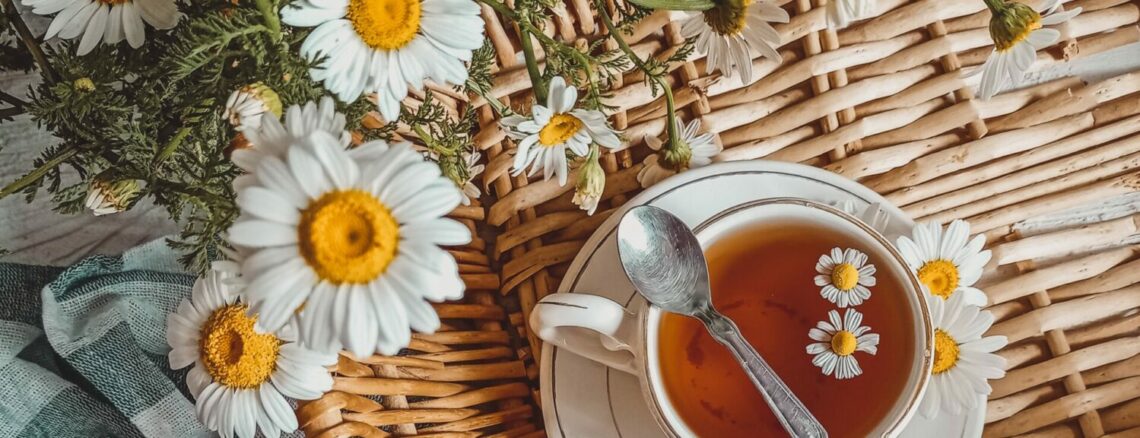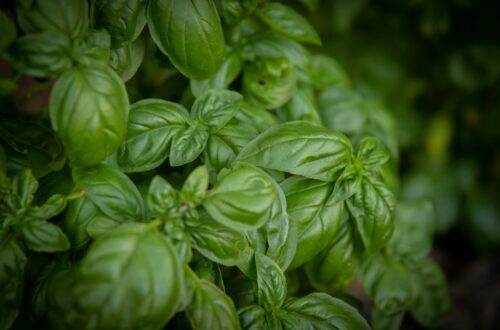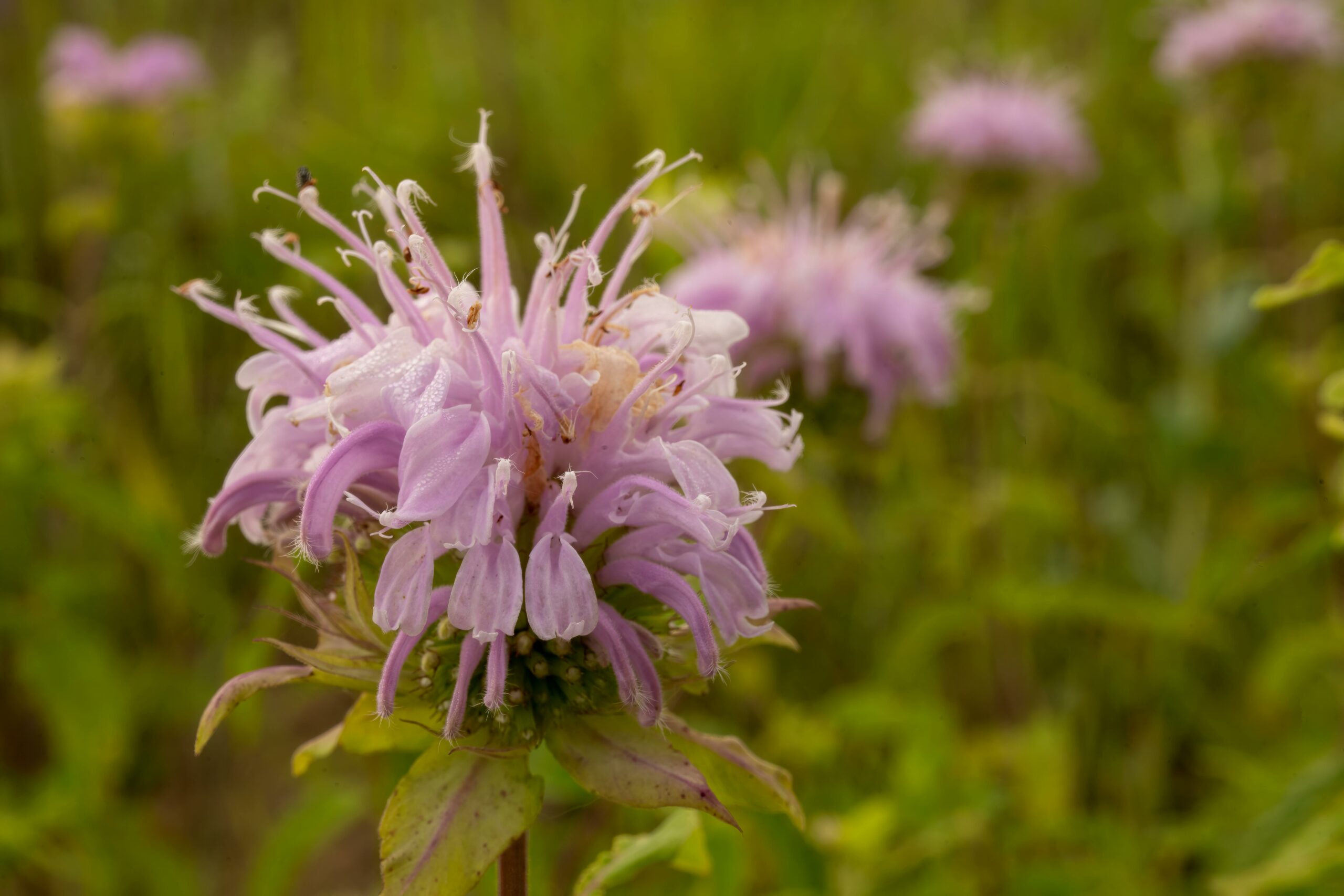This post may contain affiliate links. See my affiliate disclosure here.
Herbal medicine, rooted in centuries of tradition, offers a natural approach to healing and health that resonates with myself and many today. Though it is important to distinguish which herbs for pregnancy are safe tp consume before harnessing the power of plants to help you through your journey to motherhood. From soothing chamomile for relaxation to potent echinacea for immune support, using herbs that are safe for pregnancy can offer a diverse range of therapeutic properties. What’s truly remarkable is the holistic approach of herbal medicine, which not only addresses physical ailments but also considers the interconnectedness of mind, body, and spirit. Whether used as teas, tinctures, or topical applications, herbal remedies provide a gentle yet effective path to wellness, promoting harmony and balance within the body.
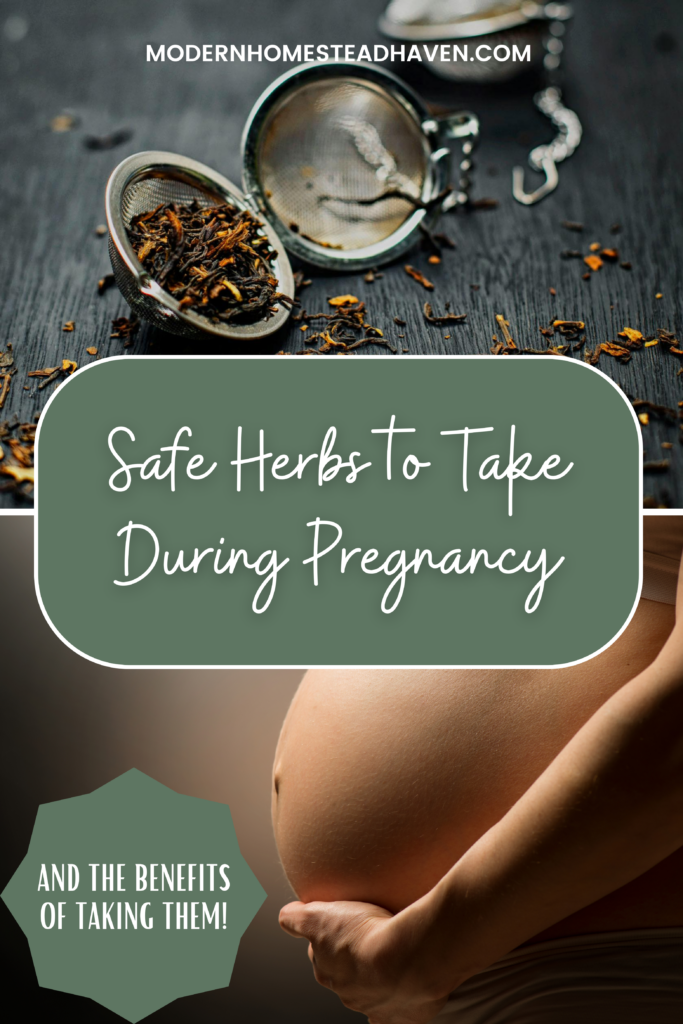
Now, let’s talk about something that’s been buzzing in the wellness world lately: Safe herbs to consume while pregnant. This post takes a deep dive into herbs that are safe to consume as an expecting mother and what benefits they can offer both mom & baby.
Pregnancy is a beautiful journey, but it comes with its own set of challenges. From morning sickness to hormonal fluctuations, expecting mothers often seek safe and natural remedies to alleviate discomfort and promote well-being. Herbs can be valuable allies during this transformative time, offering a plethora of benefits without harmful side effects. Here, we’ve compiled a list of 10 herbs that are not only safe for consumption during pregnancy but also boast various health benefits for both mom and baby.
- Ginger (Zingiber officinale):
- Benefit: Alleviates nausea and morning sickness.
- Ginger tea or candies can provide relief from queasiness, making it easier for expectant mothers to keep food down during the early stages of pregnancy.
- Peppermint (Mentha piperita):
- Benefit: Soothes digestive discomfort.
- Peppermint tea aids in digestion and can alleviate bloating and gas, common issues during pregnancy.
- Chamomile (Matricaria chamomilla):
- Benefit: Promotes relaxation and better sleep.
- A cup of chamomile tea before bedtime can help expecting mothers unwind and improve sleep quality.
- Raspberry Leaf (Rubus idaeus):
- Benefit: Strengthens the uterus and eases labor pains.
- Raspberry leaf tea is rich in vitamins and minerals that support uterine health, making it a popular choice in the third trimester to prepare for childbirth.
- Dandelion (Taraxacum officinale):
- Benefit: Acts as a gentle diuretic and supports liver function.
- Dandelion tea can help reduce water retention and alleviate swelling, common issues during pregnancy.
- Nettle (Urtica dioica):
- Benefit: Provides essential nutrients and supports overall health.
- Nettle tea is a rich source of vitamins and minerals like iron and calcium, which are crucial for both maternal and fetal health.
- Lemon Balm (Melissa officinalis):
- Benefit: Reduces anxiety and promotes calmness.
- Lemon balm tea can help expectant mothers manage stress and anxiety, promoting a more relaxed pregnancy experience.
- Oat Straw (Avena sativa):
- Benefit: Nourishes the nervous system and supports healthy circulation.
- Oat straw tea is packed with nutrients that support overall well-being, making it a great choice for expecting mothers.
- Lavender (Lavandula angustifolia):
- Benefit: Relieves stress and promotes better sleep.
- Lavender tea or essential oil can help expecting mothers unwind and enjoy restful sleep, combating pregnancy-related insomnia.
- Ginkgo (Ginkgo biloba):
- Benefit: Improves cognitive function and enhances memory.
- Ginkgo tea, taken in moderation, can support cognitive health during pregnancy, helping expecting mothers stay sharp and focused.
I like to grow majority of my own herbs for tea use, my go-to seed source is Seeds Now. They have a wide range of unique, quality seeds at a reasonable price. Alternately, many of these herbs can be purchased online separately, or as mixed tea blends.
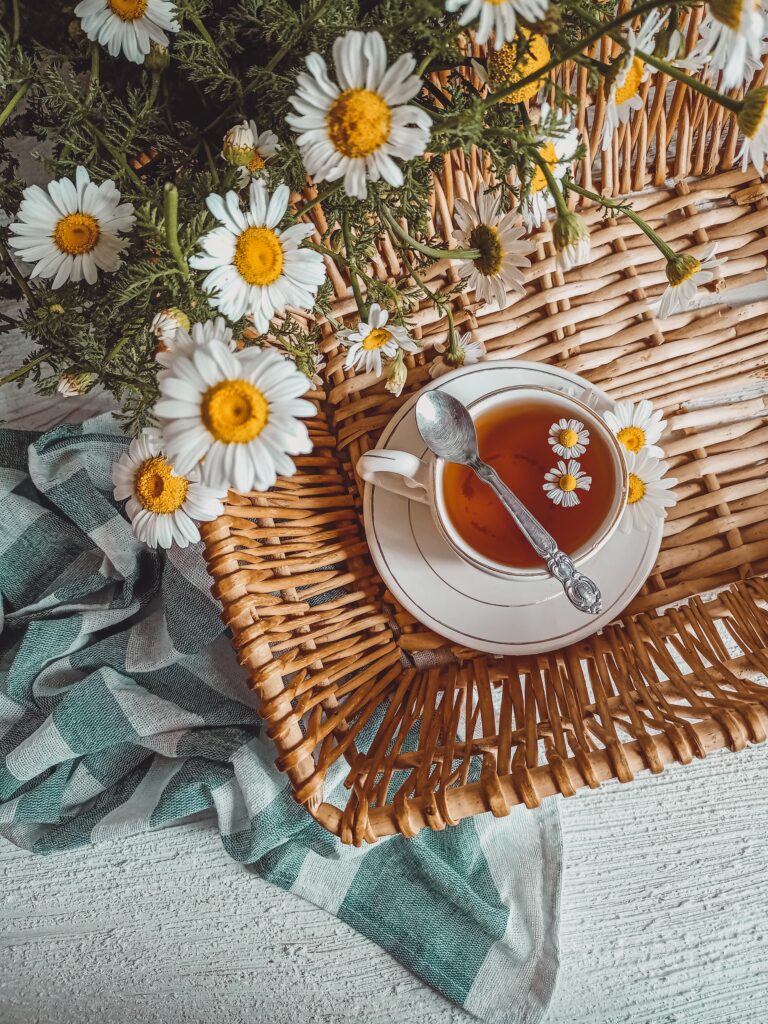
While these pregnancy friendly herbs are considered safe, it’s essential to consult with a healthcare provider before incorporating them into your routine, especially if you have any underlying health conditions or are taking medication. Additionally, pregnant women should consume herbs in moderation and avoid excessive intake. With the right guidance and precautions, these safe herbs can be valuable allies in promoting a healthier and more comfortable pregnancy journey.
